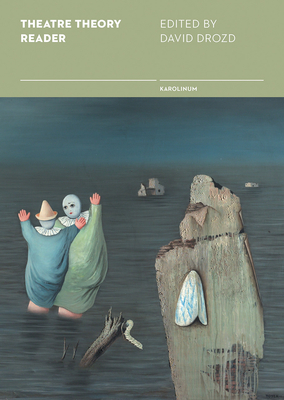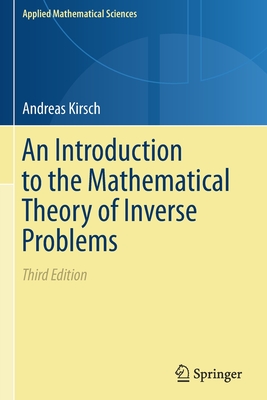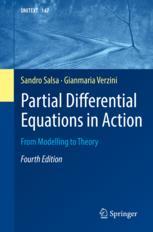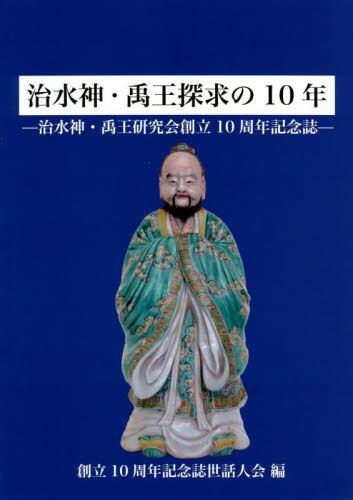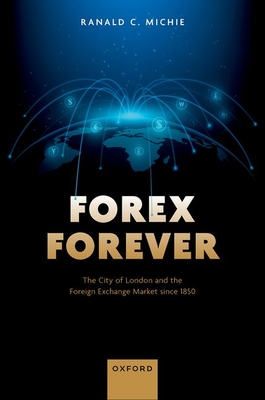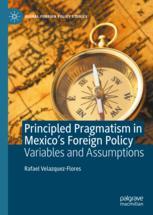
Principled Pragmatism in Mexico’s Foreign Policy(Global Foreign Policy Studies)
墨西哥外交政策中的原则性实用主义:变量与假设
政治学理论
¥
1428.00
售 价:
¥
1142.00
优惠
平台大促 低至8折优惠
发货周期:通常付款后3-5周到货!
作 者
出 版 社
出版时间
2022年08月04日
装 帧
精装
页 码
368
语 种
英文
版 次
1
综合评分
暂无评分
- 图书详情
- 目次
- 买家须知
- 书评(0)
- 权威书评(0)
图书简介
‘The concept of principled pragmatism developed in this book has gained strength. Rafael Velazquez applies it here from the nineteenth century to the present day and explains the factors that led to Mexico adopting it. The book shows the evolution, changes, and continuities of the country’s external insertion. It is a very useful analysis to understand Mexico, and it is of great relevance for researchers and students. It helps us understand this country that has had such an active policy defending principles of international law.’–Martha Ardila, Universidad Externado de Colombia, Bogotá, ColombiaThis book explores Mexico’s foreign policy using the ‘principled pragmatism’ approach. It describes and explains main external actions from the country’s independence in the nineteenth century to Andrés Manuel López Obrador’s administration. The principal argument is that Mexico has resorted to principled pragmatism due to geographic, historical, economic, security, and political reasons. In other words, the nation uses this instrument to deal with the United States, defend national interests, appease domestic groups, and promote economic growth.The key characteristics of Mexico’s principled pragmatism in foreign policy are that the nation projects a double-edged diplomacy to cope with external and domestic challenges at the same time. This policy is mainly for domestic consumption, and it is also linked to the type of actors that are involved in the decision-making process and to the kind of topics included in the agenda. This principled pragmatism is related to the nature of the intention: principism is deliberate and pragmatism is forced; and this policy is used to increase Mexico’s international bargaining power. Rafael Velazquez-Flores is Professor of International Relations at the School of Economics and International Relations, University of Baja California, Mexico. He has taught International Relations in several Mexican universities at graduate and undergraduate levels. He has been a visiting professor at the Pablo Olavide University in Seville, Spain; Friedrich-Alexander-Universität in Erlangen, Germany; and the Maastricht Center for Transatlantic Studies, The Netherlands. His research interests focus on Mexican foreign policy, U.S.-Mexican relations, and diplomacy.
本书暂无推荐
本书暂无推荐


